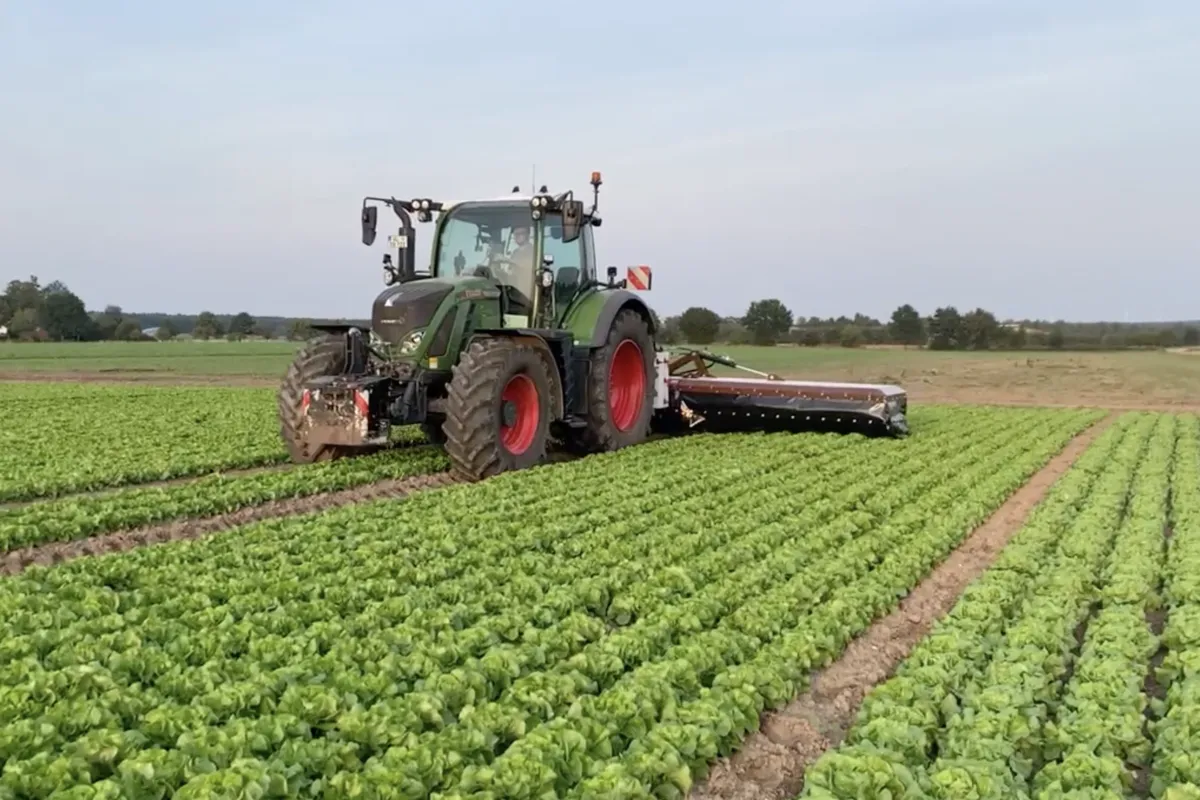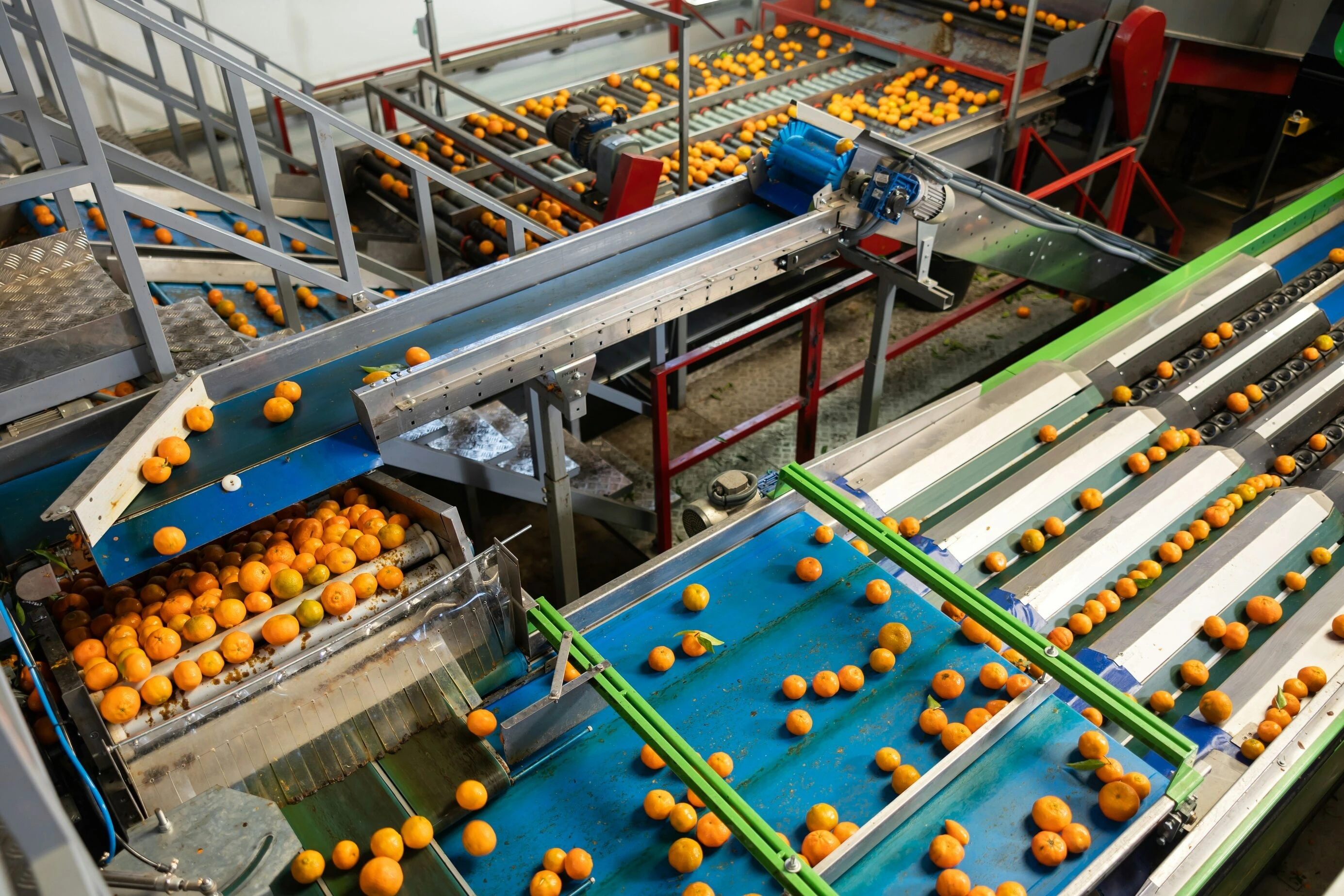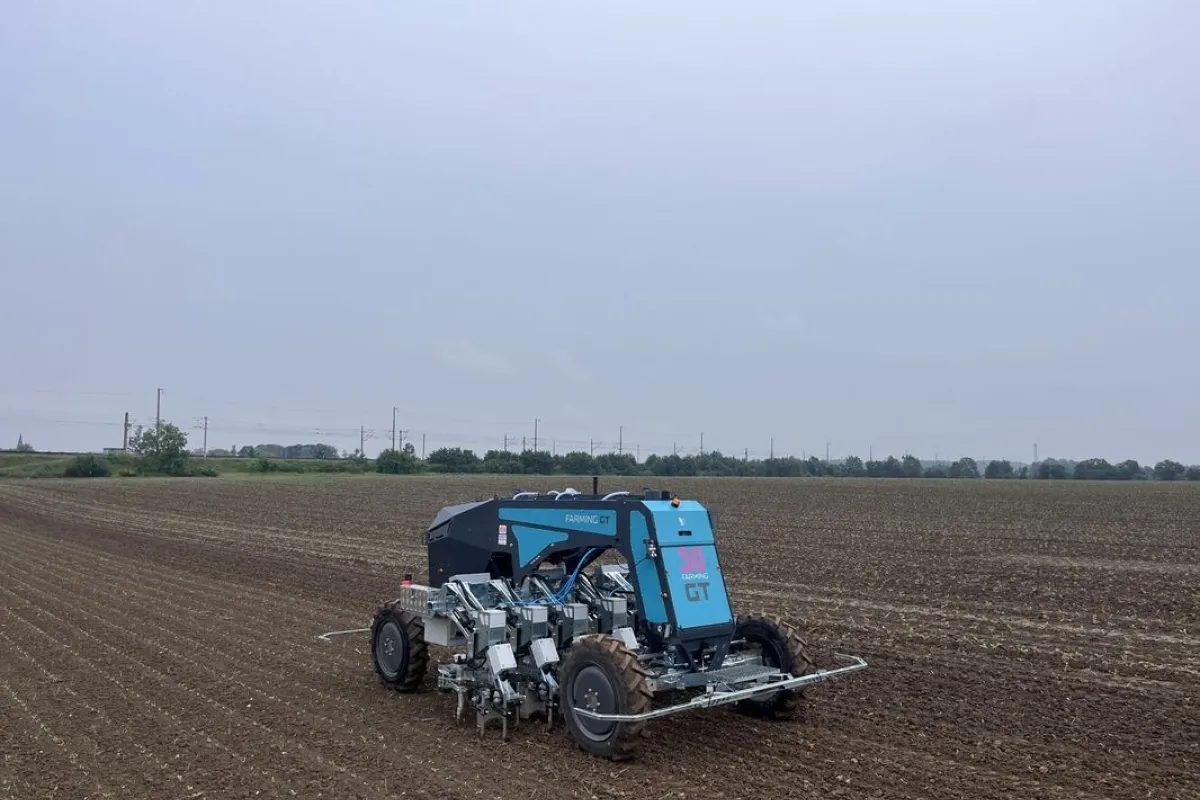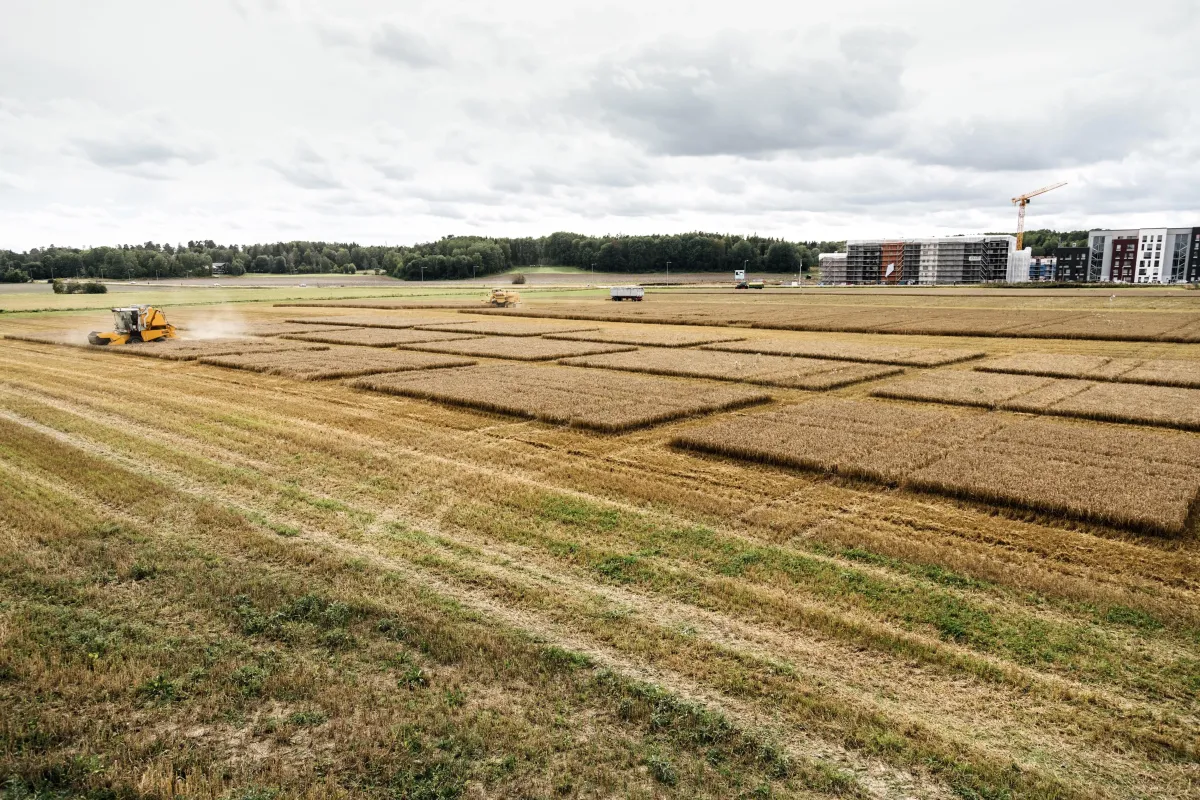
Overview
What are the ethical, legal, and social aspects (ELSA) of AI-driven technology in agri-food? Mitigation of potential risks and finding opportunities are easier by identifying ELSA aspects in early development stages, when the technology is still in the making. Examples of ELSA aspects are autonomy, transparency, and bias, but also data privacy and other legal aspects. How does your AI technology deal with ELSA aspects? A combined survey and interview help AI developers to identify opportunities and issues with ELSA in the agri-food context from the perspective of end users and more broadly, for society. For example, to better align with the sustainability objectives of the AI-driven technology. The outcomes of the ELSA scan are a list of identified key ELSA aspects and high-level recommendations to further improve the AI technology.



